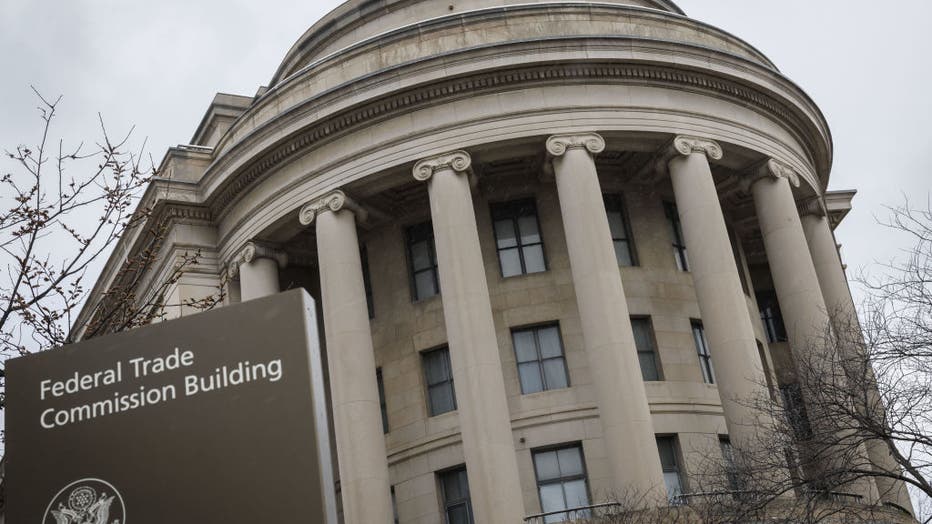Texas judge blocks FTC's ban on noncompete clauses, stalling worker protections
A federal judge in Texas has blocked a U.S. Federal Trade Commission rule that would ban companies from having noncompete clauses.
The order was issued Tuesday in the U.S. District Court for the Northern District of Texas.
U.S. District Judge Ada Brown, a Trump appointee, decided to bar the controversial FTC rule from taking effect on September 4.
Brown ruled the FTC does not have the authority to ban practices it deems unfair methods of competition by adopting broad rules, saying in part, "The commission’s lack of evidence as to why they chose to impose such a sweeping prohibition... instead of targeting specific, harmful non-competes, renders the rule arbitrary and capricious."
David Coale is a Dallas constitutional law attorney who has been following this case closely. He broke down the thought behind her ruling.
Lawsuit filed after FTC bans noncompete agreements
The Federal Trade Commission voted to ban noncompete agreements, and the Biden administration finalized a rule that will make more salaried workers eligible for overtime pay. Within 24 hours, two powerful business lobby groups filed a lawsuit seeking to overturn the ban. This lawsuit could delay the FTC's decision from taking hold. Elliott Stone, managing partner at Stone, LLP joins LiveNOW from FOX.
"This is not the sort of thing Congress had in mind when it created the FTC. This is an overreach. You just don't have the authority to go into this area," he said. "And this sort of argument that she adopts in this case about FTC going beyond its statutory authority is very popular these days in the courts."
What is a noncompete clause?
Once seen as a way to protect trade secrets among high-level executives, noncompete agreements have become more common, with some companies requiring lower-wage employees in fast-food and retail establishments to sign them before accepting a job.
RELATED: FTC votes to ban noncompete agreements but faces legal challenges amid controversy
The agreements prohibit employees from taking a job with a rival company or starting a competing business for a set period of time, to prevent employees from taking corporate secrets, sales leads, client relationships or skills to a competitor.
FTC tries to block companies from having noncompete clauses
The FTC voted in April to prohibit employers nationwide from entering into new noncompete agreements or enforcing existing noncompetes starting Sept. 4, saying the agreements restrict the freedom of workers and suppress wages.
"In many cases, noncompetes are take-it-or-leave-it contracts that exploit workers’ lack of bargaining power and coerce workers into staying in jobs they would rather leave, or force workers to leave a profession or even relocate," the FTC said.
The FTC says roughly 30 million people, or 1 in 5 workers, are subject to noncompete agreements. That in turn limits their ability to change jobs, which is often the best way to get a pay raise or promotion. Some people don’t even realize they’ve signed such an agreement until they’re hit with a lawsuit after changing jobs.
Companies sue FTC to keep noncompete clauses
At least three companies have sued the FTC after it voted to ban noncompete agreements. Lawsuits were filed in Florida, Pennsylvania and Texas.
RELATED: Federal judge partially blocks FTC noncompete ban: Reports
Companies opposing the ban say they need noncompete agreements to protect business relationships, trade secrets and investments they make to train or recruit employees.

How has the FTC responded to the latest court ruling?
According to Reuters, FTC spokesperson Victoria Graham said the agency was disappointed with the ruling and is "seriously considering a potential appeal."
What happens next?
With divergent rulings expected to emerge from the cases — and with lawyers on the losing sides likely to appeal — observers are expecting the issue to work its way up to the U.S. Supreme Court.

